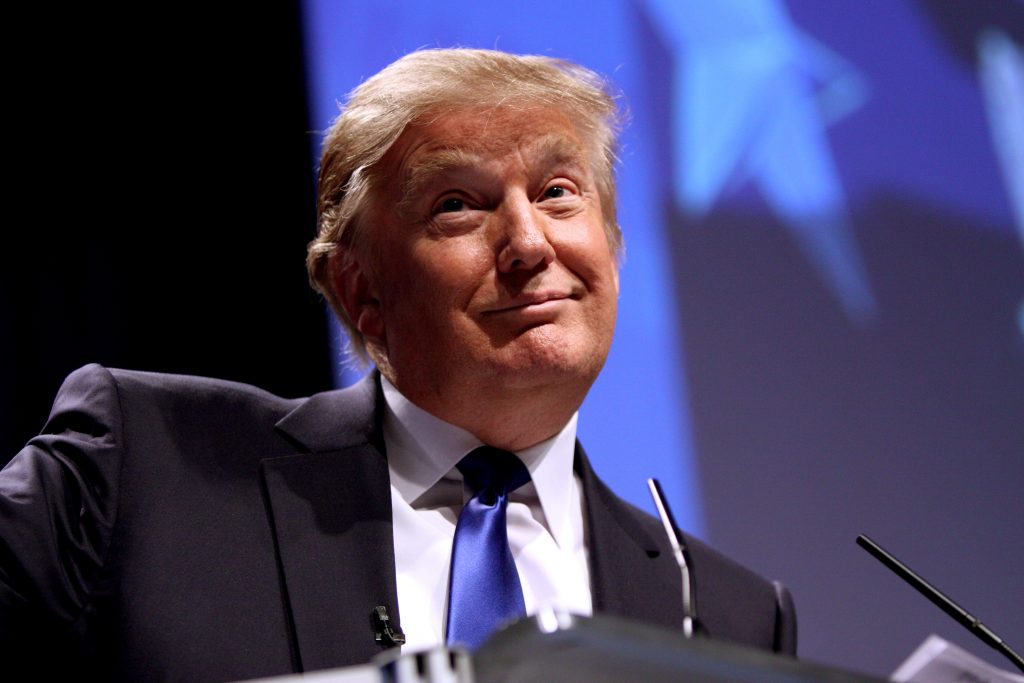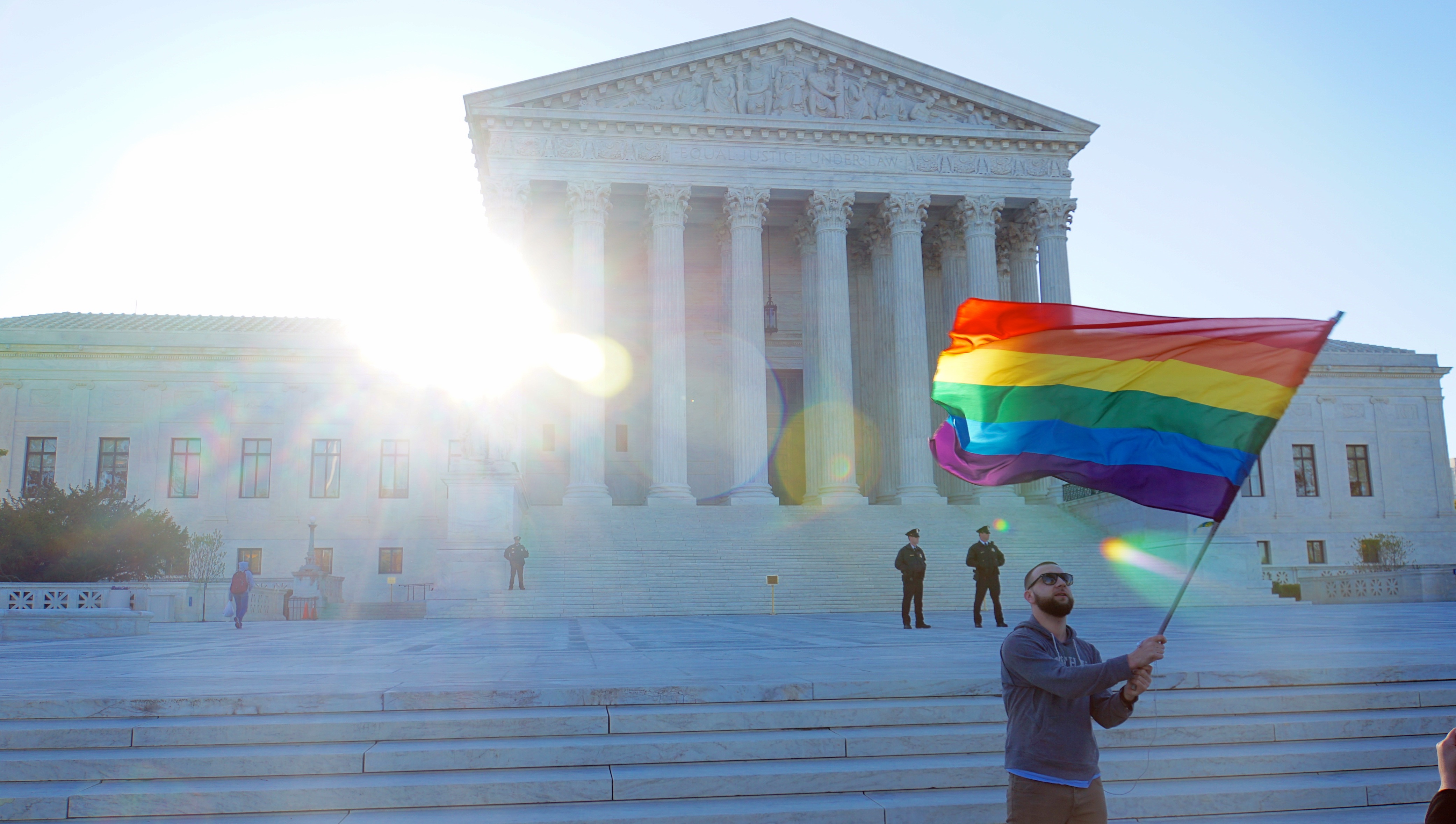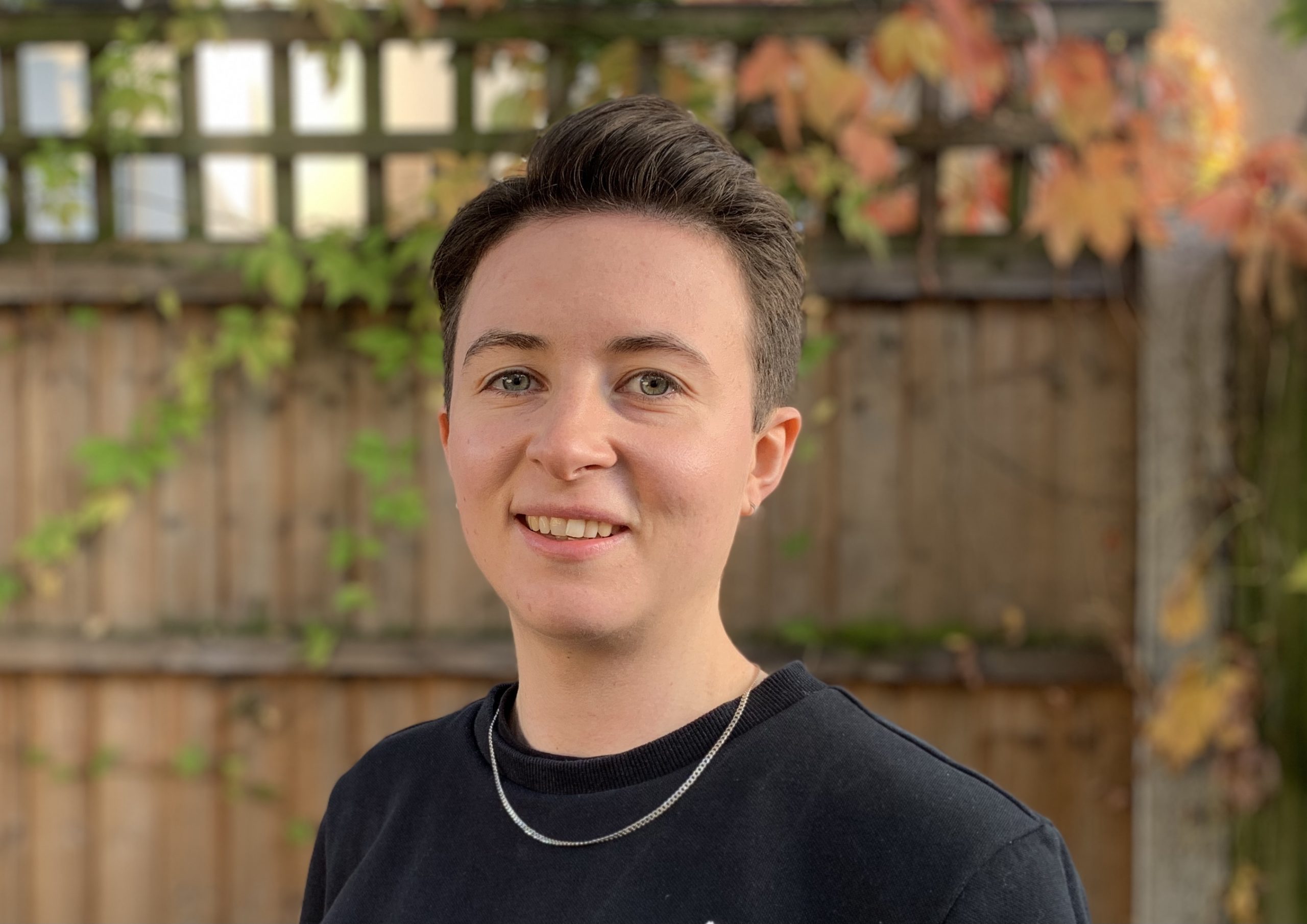The US Supreme Court is set to determine whether the country’s job discrimination laws should be extended to protect LGBT+ individuals in a decision that could indicate how the Trump administration will deal with rights affecting sexual and gender minorities.
The court announced on Monday (April 22) that it would hear three cases to decide if federal law should be amended to prevent people from being fired on the grounds of their sexual orientation and gender identity.
The hearing is set to take place this autumn, with a decision expected during the 2020 presidential election campaign, according to SCOTUSblog, a news site covering the US Supreme Court.
It is the first case on LGBT+ issues to be heard by the Supreme Court since the retirement of justice Anthony Kennedy, a champion of gay rights, last summer.
Kennedy, who was pivotal in the court ruling to legalise same-sex marriage, was replaced by Trump‘s Republican nominee Brett Kavanaugh, despite him facing multiple sexual misconduct allegations.
His appointment means the Supreme Court consequently has a conservative-leaning majority.
Supreme Court Ruling Could Reveal Trump’s Approach To LGBT+ Rights

US president Donald Trump. (Image credit: Gage Skidmore/Flickr)
Two of the cases will be heard together by the Supreme Court because they both involve gay men, who each claimed they were fired because of their sexuality.
The first – Altitude Express v Zarda – was filed in New York and concerns Donald Zarda, a skydiving instructor who claimed he was sacked because he was gay.
Zarda’s case has been pursued by his estate after he died in a skydiving accident in 2014, reports The New York Times.
The second case, Bostock v Clayton County, Georgia, was petitioned by Gerald Bostock, who alleges he was sacked from his job as a child-welfare-services coordinator because of his sexuality.
The third case – R.G. & G.R. Harris Funeral Homes Inc. v Equal Employment Opportunity Commission – concerns Aimee Stephens, a former funeral home employee from Michigan, who claims she was dismissed because she is transgender.
The Supreme Court has previously decided on a number of key LGBT+ rights cases, including ruling to legalise equal marriage across the country in 2015.
In 1989, the Supreme Court issued a watershed ruling, titled Price Waterhouse v Hopkins, that established gender stereotyping as a form of sex discrimination.
Supreme Court To Decide Whether To Extend Civil Rights Act To Explicitly Include LGBT+ Protections

The Supreme Court legalised same-sex marriage in 2015. (Image credit: Pxhere)
The Supreme Court will decide whether Title VII of the Civil Rights Act of 1964 should be extended to encompass sexual orientation and gender identity.
Trump has appointed two justices to the case, Kavanaugh and Neil Gorsuch.
Title VII of the Act currently prohibits employers from discriminating on the grounds of sex, race, color, national origin, and religion.
However, it contains no specific provisions protecting employees from being sacked because of their sexual orientation or gender identity.
Lower courts in the country have been divided over whether the Civil Rights Act contains workplace discrimination protections for sexual orientation and gender identity.
However, two federal appeals courts in Chicago and New York have recently ruled that discrimination against lesbians and gay men amounts to sex discrimination.
There is no reason for the Supreme Court to carve LGBTQ people out of a law that by its own terms protects us from discrimination
Greg Nevins, senior counsel at LGBT+ organisation Lambda Legal
The Justice Department under Trump has previously said that Title VII does not include protections for sexual and gender minorities.
It marked a shift from the Obama administration, which supported courts treating LGBT+ discrimination during employment as a type of sex discrimination.
With the Supreme Court agreeing to hear the three cases, human rights organisations have called for a ruling in favour of LGBT+ rights.
Lambda Legal, an LGBT+ legal group, said that LGBT+ people should be protected from workplace discrimination by the Civil Rights Act.
“After many years of courts grappling with these questions, the Supreme Court has decided to step in and resolve whether discrimination against someone for their sexual orientation or gender identity is a form of sex discrimination prohibited by the Civil Rights Act,” said Greg Nevins, a senior counsel at Lambda Legal.
“Multiple courts have understood that discrimination against someone for being transgender or being in a same-sex relationship is a form of discrimination because of sex, plain and simple.
“There is no reason for the Supreme Court to carve LGBTQ people out of a law that by its own terms protects us from discrimination.”
The Transgender Law Center (TLC), the largest national trans-led organisation in America, urged the Supreme Court to extend discrimination protections to include LGBT+ people.
“TLC will be watching the Supreme Court activity closely and hopes that they will once again rule in favour of equal protection for transgender communities,” said executive director Kris Hayashi in a statement.
“While we know that our liberation won’t be decided by a court case, we are hopeful that there is only one clear decision that the Supreme Court can make.”







